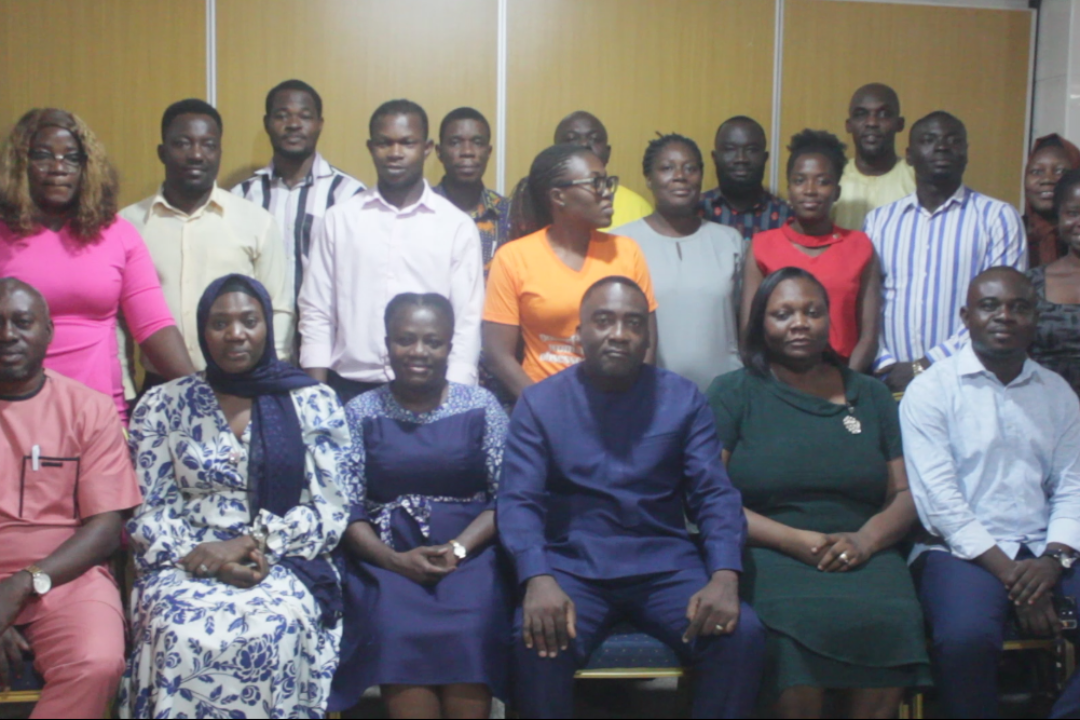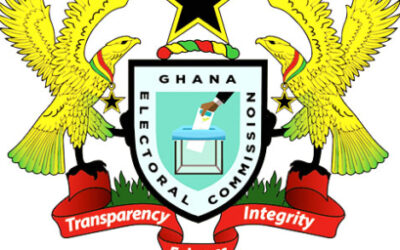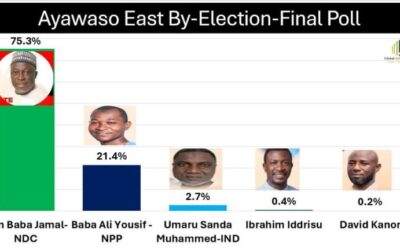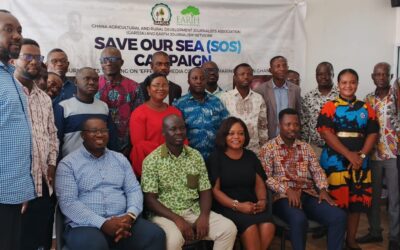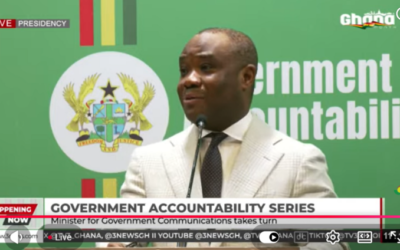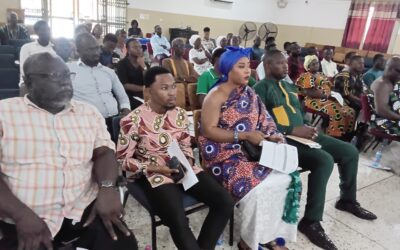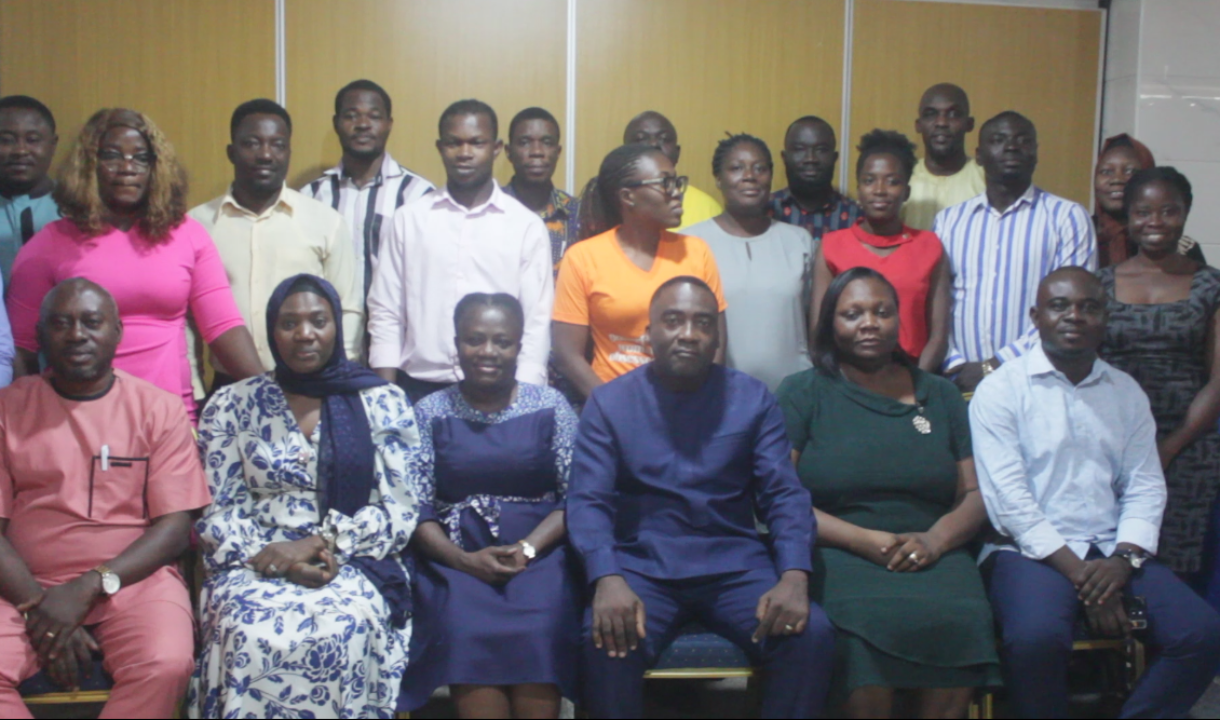By: Isaac Amoah/tntnewspapergh.com
The Child Marriage Unit of the Ministry of Gender and Social Protection has intensified its commitment against child marriage by organising a day’s media engagement on a child marriage information portal.
The media engagement for stakeholders in the northern zone was held on Tuesday, 17th December 2024, at Sunset Hotel in Kumasi. It was attended by journalists, staff of Domestic Violence & Victims Support Unit (DoVVSU) of the Ghana Police Service, people from civil society organisations (CSOs) as well as community-based organisations representatives from the Northern Region, Bono East Region, Ahafo Region, Bono Region, Ashanti Region, among other regions.



Participants in a group photograph
It would be recalled that the National Child Marriage Information Portal was launched on 29th September 2021 as part of collaborative efforts by the MoGCSP and the UNFPA to accelerate efforts to end the practice of child marriage in Ghana.
Subsequently, an editorial committee was formed to explore strategies to improve content quality and its impact on the audience and to ensure data is accurate, complete, authentic and reliable.

The portal is intended to provide precise data and information on child marriage in the country and to provide a link for people to report such issues in their communities.
Hajia Saphia Tamimu, the Head of Child Marriage Unit of the Ministry of Gender and Social Protection,
explained that the portal has its security certificate installed and renewed to improve the system.

Hajia Saphia Tamimu
The National Operational M&E Plan (2023-2024), the Gender-Transformative Accelerator Country Report, Articles on the impact of COVID-19 on Child Marriage, A Report on the Thematic Brief on Child Marriage, and Some stories on community sensitisation and other relevant documents have been posted on to the portal.
However, the portal has not been very vibrant in its publications due to inadequate stories received from stakeholders and partners, who work to address issues on child marriage.
Therefore, there is an urgent need to continuously urge stakeholders, especially the media, CSOs, CBOs, etc, to utilise the portal for them to get the desirable result as envisaged in meeting the agenda 2030 call to eliminate child marriage.
She also seized the opportunity to commend the media for their support and urged them to continue to support the Ministry to end child marriage.
“I urge everyone here to contribute to the effective utilisation of the portal. I would like to thank the UNFPA for supporting this activity,” she said.
Senanu Agbozo, Child Marriage Information Portal Consultant (UNFA), who took the participants through the portal, implored the media and other stakeholders to promote the portal and join the crusade to combat child marriage in the country.
The consultant appealed to the media to support them to promote the child marriage information portal.
According to him, the goal of the portal is to increase accessibility of the MOGCSP data on child marriage, have a centralised system to improve information, enhance data security and minimise the risk of data lost, ensure data is accurate, complete and authentic.
This, he said, is part of the commitment of the secretariat to providing a one-stop-shop database on child marriage information.
As a backgrounder
Child marriage is defined as “a formal marriage or informal union of children under the age of 18. It is considered a violation of human rights and a harmful traditional practice affecting more girls than boys, leading to numerous negative health and developmental consequences and limiting girls’ economic and individual empowerment.
In response to this situation, fighting child marriage has become a core development and a human rights issue.
The practice of child marriage in Ghana has declined from about 40% in the 1980s to 19.3% in 2018; however, one in five girls is still married or in an informal union (cohabitation) before the age of 18.


